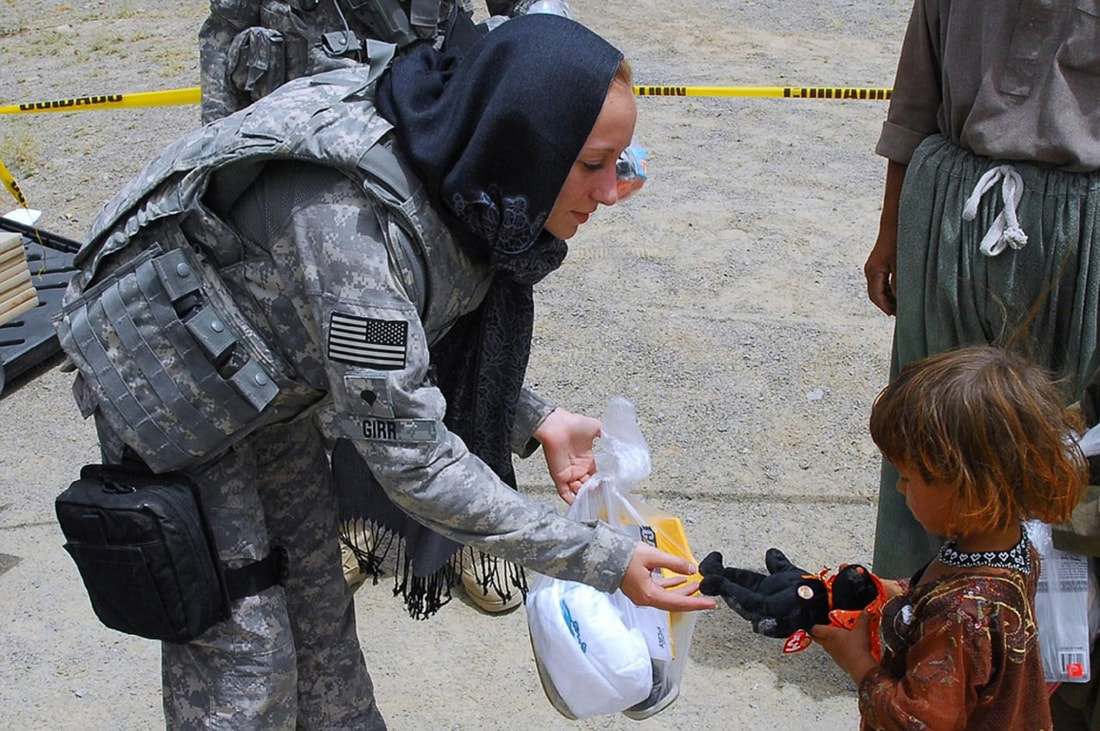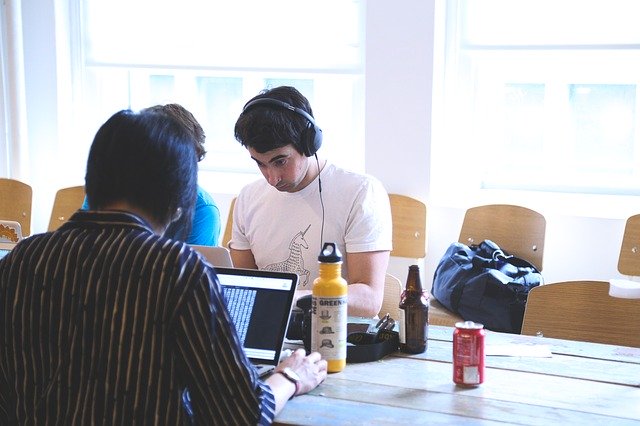All of these have played a part in our work this week. I’ve been travelling, speaking, and listening all week and all of it reminded me about the importance of making connections between all the things we do. First, I was the kickoff speaker at the Canadian Association of Movers (CAM), where I talked about managing your online reputation. We had some interesting and challenging discussions about what to do when a customer calls you out in cyberspace, including how apology strategies have, and haven’t, changed since the time when we would all telephone customer service to get a resolution to our complaints. I also talked about how a collaborative partner can help us manage things that are challenging for us. My own talk dovetailed very well with one from Miki Ho of Beazley, who talked about cybersecurity and how to protect your company from a host of online assaults. The President of CAM’s partner organization IAM, Chuck White, went into how to prepare for intergenerational workforces, as well as what to expect from growing industry consolidation (and why the need for collaboration is going to only continue to grow).
Then, returning to town, where the panel I was part of at the Women’s Entrepreneurship Knowledge Hub discussed networking for women entrepreneurs, morphed into a discussion of opportunities for collaboration. We were talking about hubs, which got me thinking about how nodes are actually more important. Hubs are a central place from where all the spokes radiate. Nodes, on the other hand, are a key part of any sort of network (even The Tube, like in the photo above), and they function a bit differently. Nodes are connectors that have entrances and exits. Important pathways may originate or terminate at a node, or simply pass through, but without the node, they simply don’t happen. We also talked about representation, and the idea that “if you can’t see it, you can’t be it”. And about how networking isn’t transactional nor linear – that the connections were often weak ties in one area, but powerful in another.
From that meeting, I moved to the AGM of the CCSBE (Canadian Council for Small Business and Entrepreneurship), where I was happy to be reaffirmed in my role on the Board. We had yet another discussion about the importance of collaboration – in this case between our Council and the many academic institutions and practitioner sites (where entrepreneurship is born, fostered, and evolves). We hope to really be a node that connects entrepreneurs with educators, facilitators, incubators and accelerators in a host of ways.
The connections and serendipitous discoveries continued as I was representing PANOPTIKA at the Life Sciences Ontario breakfast. There was a tremendous nearly-all-women panel that included Awake Labs, the Ontario Brain Institute, Holland Bloorview Kids Rehabilitation Hospital (one of the discussions at the movers event was a supplier’s tremendous tribute to the importance of family), and the Community Living Association of South Simcoe. There it was again: representation. Family. Connections. Networks. Collaboration.
All of this, in short, is a way of saying, the connections you make are not linear. They do not just join directly from one thing to another. But in nearly every case, the idea of being a node, or a connector, and finding ways to help others with their business challenges would come back as help to you – just not necessarily as you expected, nor on your timeline. So go forth, network. Be a node.
I’m Megann Willson and I’m a Partner and the CEO at PANOPTIKA. We help our B2B customers see everything they need to know to make better decisions for their businesses. You can also find us on Twitter, LinkedIn, or Facebook. And if you want to have insights about ways to make your business better, delivered directly to your inbox, you can use the button below.



